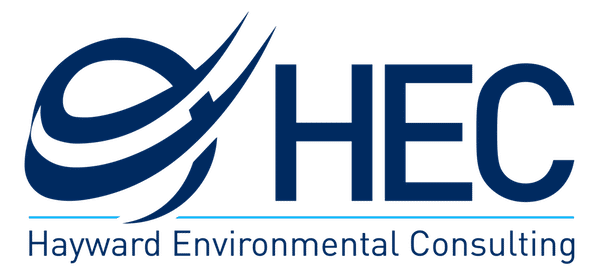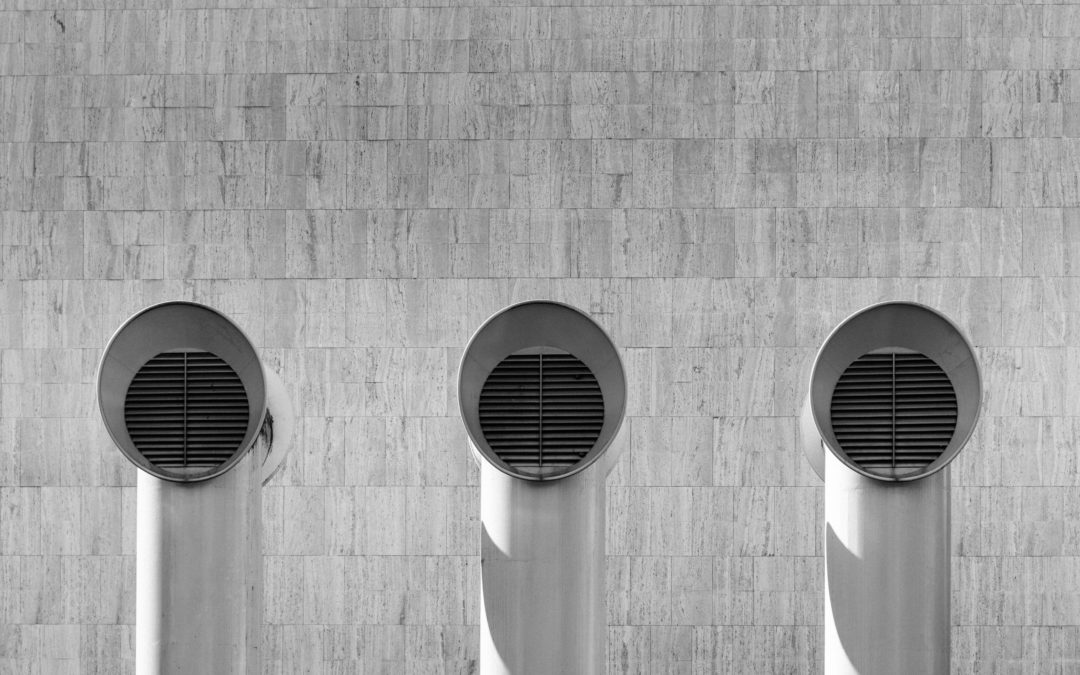Hayward Environmental Consulting is offering coronavirus decontamination services in response to the COVID-19 pandemic. It’s also important for individuals to keep practicing safety precautions in their own day-to-day lives. Here are some tips for how you can continue to stop the spread of COVID-19, including the Delta variant.
COVID Decontamination Tips
Even with things slowly returning to “normal,” it’s important to keep up with safety precautions. The CDC still recommends that individuals wear a mask in public places if they are in a high-risk area. Also, as usual, washing your hands regularly is a great way to stop the spread of all viruses.
1. Cleaning and Disinfection
Disinfecting surfaces daily with soap or detergent can reduce germs, which decreases the chances of people getting ill. For COVID-specific cleaning products and disinfectants, check out the EPA’s list of recommended products and practices. These products should only be used on surfaces, not on humans.
You might want to clean surfaces more than once daily if any of the following are true:
- There’s a high transmission of COVID-19 in your area.
- There are low vaccination rates within your community.
- Other prevention methods are not used enough, such as unvaccinated individuals not wearing masks or people not washing their hands.
- There are people in the space who have an increased risk of catching COVID-19.
- Someone in the space was sick or tested positive for COVID-19 recently.
In your business, you should come up with a consistent cleaning plan to ensure that everyone in the facility stays safe. For example, figure out which surfaces are touched the most often, and put more priority on cleaning those. Also, make sure cleaning supplies and personal protective equipment are available at all times.
Here are some steps to take to implement a successful cleaning plan:
- Make sure all cleaning staff is on the same page about cleaning and disinfecting procedures.
- Read the instructions and warnings on cleaning supplies before using them in the facility.
- Remind everyone to wash their hands for 20 seconds regularly. Hands should be washed immediately after removing gloves or cleaning.
- Soap and water should be the primary way to wash hands, but if it’s not available, you can use a hand sanitizer that has at least 60% alcohol.
- Be aware that some cleaning products could cause asthma attacks.
- Ensure that the building has proper ventilation before cleaning.
Other disinfection methods, such as high-intensity UV radiation, ultrasonic waves, and LED blue lights, haven’t been fully proven to protect against COVID-19. Thus, they should not be the sole or primary cleaning method in your business. Methods like using sanitizing tunnels, fogging, fumigation, and electrostatic spraying aren’t recommended by the CDC because there is no evidence of them fighting COVID-19, and they also have too many added risks involved.
While wiping down surfaces frequently might seem like a hassle, it’s the ideal way to keep everyone in the space healthy and comfortable.
Cleaning procedures will differ for every facility, but having a plan is essential for keeping everyone as safe as possible. For more details about the specifics of cleaning and sanitizing to protect people from COVID-19, visit the CDC’s page.
2. Ventilation
Before any cleaning and disinfecting methods occur in a building, you’ll want to ensure that there is proper ventilation. Otherwise, breathing in too many cleaning products could cause other health concerns on top of the risk of COVID.
The CDC recommends a layered approach when it comes to ventilation. SARS-CoV-2, the viral particles that cause COVID-19, spread indoors much faster than outdoors. The more precautions you take with ventilation, the more at ease workers can feel. Most buildings shouldn’t need new ventilation systems as people return to the office, but in some cases, it might be necessary.
Here are a few ways to improve ventilation in your facility:
- Increase the use of outdoor air inside by opening doors and windows as the weather allows, or by opening outdoor air dampers to more than the minimum settings.
- Adding fans can help increase the circulation of the outdoor air. Place the fans in a way that brings outdoor air in rather than circulating the same indoor air.
- Portable high-efficiency particulate air (HEPA) fan and filtration systems can help increase the quality of air cleaning.
- Make sure your HVAC systems are functioning as they’re supposed to.
- Improve central air filtration by increasing the air filtration as much as possible or by making sure the filters are changed and sized properly.
- Check the exhaust ventilation system in essential areas like cooking spaces and bathrooms to ensure that they are functioning as needed.
- If possible, run the HVAC system at maximum outside airflow for about two hours before people enter the building.
- Use ultraviolet germicidal irradiation (UVGI) to help inactivate the virus indoors.
Depending on how you improve your ventilation, it might come at a cost. Opening windows and inspecting your HVAC units can be done without spending extra money. Then, using fans may cost less than $100 while adding portable HEPA filter systems could be closer to $500. If you utilize UVGI, you can expect to pay closer to $1,500 to $2,500.
Improving ventilation systems can help reduce the transmission of COVID-19 indoors. For more information on how to do so, visit the CDC’s information page. However, in many cases, turning to an HVAC professional will be your ideal option. They can give you the best advice on how to make your ventilation as safe and efficient as possible.
When to Turn to a Professional
If your facility’s ventilation isn’t functioning properly, then COVID decontamination will be less effective in the building. Thus, you may need to consult an HVAC professional for maintenance and upgrades on your heating, cooling, and ventilation.
Most buildings probably won’t need new ventilation systems, but of course, changes and upgrades can help the efficiency of the system, which will decrease the spread of COVID as much as possible. If you haven’t had a professional look at your HVAC systems in a while, it might be a good idea to make a few small improvements to them. Consult an HVAC business whenever you want to make upgrades to your equipment.
On top of our regular HVAC services, Hayward Environmental Consulting is also offering COVID decontamination services. Our website also offers a list of resources to assist businesses with keeping their structures clean and safe amid these difficult times. You can find general COVID resources, along with information specific to California, Nevada, and Arizona.
If you have any questions or concerns about COVID decontamination in your facility, contact us today for a free, no-obligation quote!

